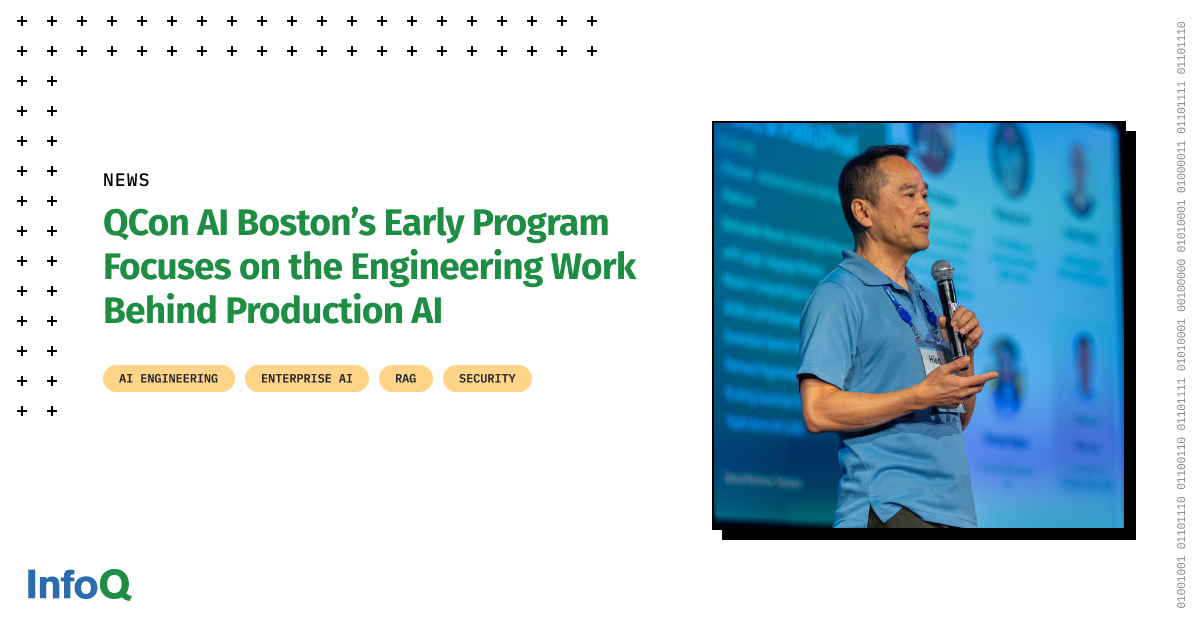Codetown
Codetown ::: a software developer's community
Kotlin Thursdays - Introduction to Functional Programming Part 2

Resources
- Higher-Order Functions and Lambdas:https://kotlinlang.org/docs/reference/lambdas.html
- FP in Kotlin Part 1: https://medium.com/kotlin-thursdays/functional-programming-in-kotli...
Introduction
Last week, we went over higher order functions in Kotlin. We learned how higher order functions can accept functions as parameters and are also able to return functions. This week, we will take a look at lambdas. Lambdas are another type of function and they are very popular in the functional programming world.
Logic & Data
Computer programs are made up of two parts: logic and data. Usually, logic is described in functions and data is passed to those functions. The functions do things with the data, and return a result. When we write a function we would typically create a named function. As we saw last week, this is a typical named function:
fun hello(name: String): String {
return "Hello, $name"
}
Then you can call this function:
fun main() {
println(hello("Matt"))
}
Which gives us the result:
Hello, Matt
Functions as Data
There is a concept in the functional programming world where functions are treated as data. Lambdas (functions as data) can do the same thing as named functions, but with lambdas, the content of a given function can be passed directly into other functions. A lambda can also be assigned to a variable as though it were just a value.
Lambda Syntax
Lambdas are similar to named functions but lambdas do not have a name and the lambda syntax looks a little different. Whereas a function in Kotlin would look like this:
fun hello() {
return "Hello World"
}
The lambda expression would look like this:
{ "Hello World" }
Here is an example with a parameter:
fun(name: String) {
return "Hello, ${name}"
}
The lambda version:
{ name: String -> "Hello, $name" }
You can call the lambda by passing the parameter to it in parentheses after the last curly brace:
{ name: String -> "Hello, $name" }("Matt")
It’s also possible to assign a lambda to a variable:
val hello = { name: String -> "Hello, $name" }
You can then call the variable the lambda has been assigned to, just as if it was a named function:
hello("Matt")
Lambdas provide us with a convenient way to pass logic into other functions without having to define that logic in a named function. This is very useful when processing lists or arrays of data. We’ll take a look at processing lists with lambdas in the next post!
Tags:
Replies to This Discussion
Notes
Welcome to Codetown!
 Codetown is a social network. It's got blogs, forums, groups, personal pages and more! You might think of Codetown as a funky camper van with lots of compartments for your stuff and a great multimedia system, too! Best of all, Codetown has room for all of your friends.
Codetown is a social network. It's got blogs, forums, groups, personal pages and more! You might think of Codetown as a funky camper van with lots of compartments for your stuff and a great multimedia system, too! Best of all, Codetown has room for all of your friends.
Created by Michael Levin Dec 18, 2008 at 6:56pm. Last updated by Michael Levin May 4, 2018.
Looking for Jobs or Staff?
Check out the Codetown Jobs group.
InfoQ Reading List
Decentralizing Architectural Decisions with the Architecture Advice Process

Our system architectures have changed as technology and development practices have evolved, but the way we practice architecture hasn’t kept up. According to Andrew Harmel-Law, architecture needs to be decentralized, similar to how we have decentralized our systems. The alternative to having an architect take and communicate decisions is to “let anyone make the decisions” using the advice process.
By Ben LindersQCon AI Boston’s Early Program Focuses on the Engineering Work Behind Production AI

As teams move AI from pilots to production, the hard problems shift from demos to dependability. The first confirmed talks for QCon AI Boston (June 1–2) focus on context engineering, agent explainability, reasoning beyond basic RAG, evaluation, governance, and platform infrastructure needed to run AI reliably under real-world constraints.
By Artenisa ChatziouGitHub Data Shows AI Tools Creating "Convenience Loops" That Reshape Developer Language Choices

GitHub’s Octoverse 2025 report reveals a "convenience loop" where AI coding assistants drive language choice. TypeScript’s 66% surge to the #1 spot highlights a shift toward static typing, as types provide essential guardrails for LLMs. While Python leads in AI research, the industry is consolidating around stacks that minimize AI friction, creating a barrier for new, niche languages.
By Steef-Jan WiggersCloudflare Debuts Markdown for Agents and Content Signals to Guide AI Crawlers

Cloudflare has introduced “Markdown for Agents,” a feature that lets AI crawlers request Markdown versions of web pages. The company pairs the feature with a proposed “Content Signals” mechanism that lets publishers declare whether their content may be used for AI training, search indexing or inference.
By Matt FosterPresentation: What I Wish I Knew When I Started with Green IT

Ludi Akue discusses how the tech sector’s rising emissions impact our global climate goals. Drawing from her experience as a CTO, she explains seven key lessons for implementing Green IT. She shares insights on LCA assessments, the paradox of microservices, and why FinOps doesn’t always equal green.
By Ludi Akue
© 2026 Created by Michael Levin.
Powered by
![]()